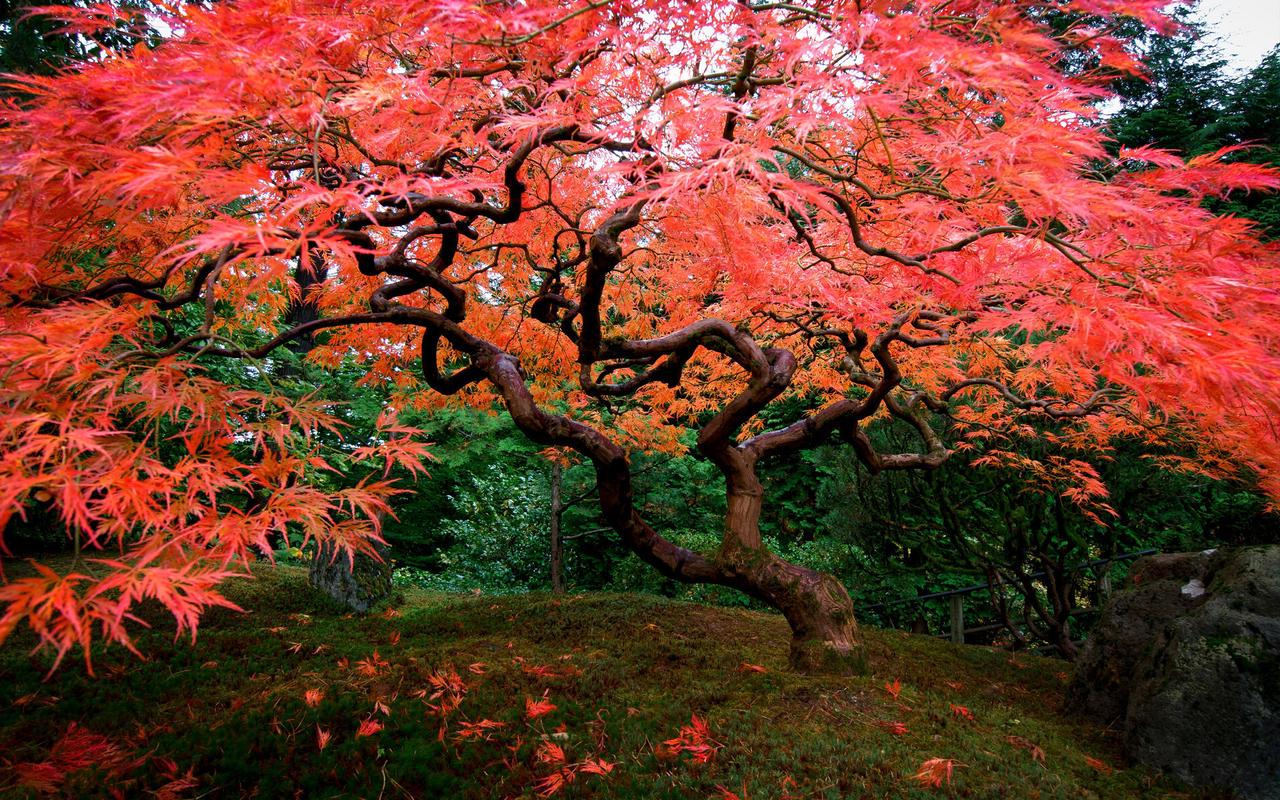Discovering the Rich History and Traditions of German Culture
Germany is a country rich in culture, history, and traditions. From literature and music to food and festivals, Germany has a unique identity that is deeply rooted in its past and present. In this article, we will delve deeper into some of the most fascinating aspects of German culture, highlighting its richness and diversity.
The German Language: A Treasure of Cultural Heritage
The German language is one of the most widely spoken languages in the European Union, and it is considered a treasure of cultural heritage. German is a language rich in vocabulary, grammar, and pronunciation, imparting a distinct identity to its speakers. German is the language of great philosophers, writers, and poets such as Goethe, Schiller, and Kafka, whose works have shaped the world’s literature. German is also significant in the fields of engineering, science, and technology. With Germany at the forefront of the industrial revolution, many scientific and technological advancements were made first in the German language. Today, the German language continues to be an essential factor in Germany’s cultural and economic influence worldwide.
The Art, Literature, and Music of Germany
Germany has a rich heritage of art, literature, and music that spans centuries. Some of the world’s most significant artistic movements, such as the Renaissance and the Baroque period, originated in Germany. German literature has produced world-renowned authors like Thomas Mann, Hermann Hesse, and Gunter Grass, whose works have been translated into various languages worldwide. German music has also played a significant role in shaping the country’s cultural identity. From the classical compositions of Beethoven, Bach, and Mozart to the dynamic rhythms of contemporary German pop, rock, and techno, German music is diverse and reflective of the country’s cultural richness.
Culinary Traditions and Festivals: The German Way of Life
Germany is known for its delicious food and rich culinary traditions. Some of the world’s most popular dishes, such as sausages, schnitzel, and sauerkraut, originated in Germany. German cuisine is also famous for its bread, pastries, and cakes, which are baked fresh every day in traditional bakeries across the country. German festivals are equally vibrant and colorful, reflecting the country’s rich tradition of celebration. Oktoberfest, one of the world’s most famous festivals, takes place in Munich every year, attracting millions of visitors from around the world. Other festivals such as Christmas markets and carnival celebrations are also widely celebrated, showcasing the country’s unique traditions and customs.
Conclusion
In conclusion, German culture is vast and diverse, reflecting the country’s rich history, traditions, and identity. Its art, literature, music, and food are an integral part of its cultural heritage and have played a significant role in shaping the world we live in today. Whether you’re exploring the beautiful landscapes of Bavaria, attending one of Germany’s many festivals, or enjoying a traditional German meal, the country’s rich culture is sure to leave a lasting impression.
(Note: Do you have knowledge or insights to share? Unlock new opportunities and expand your reach by joining our authors team. Click Registration to join us and share your expertise with our readers.)
